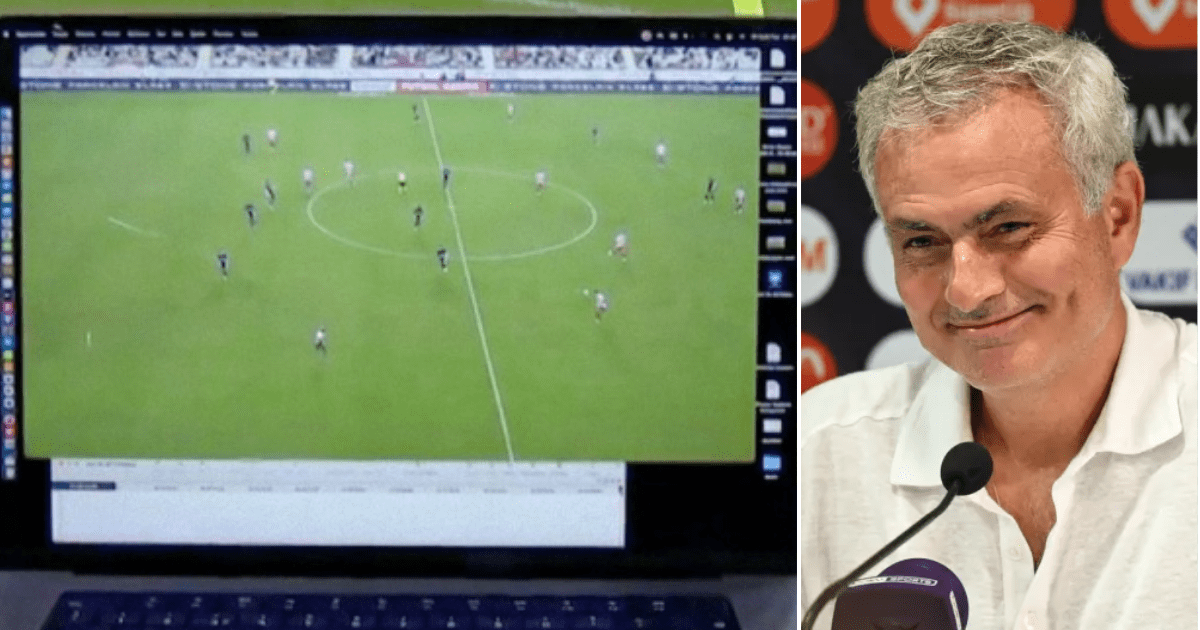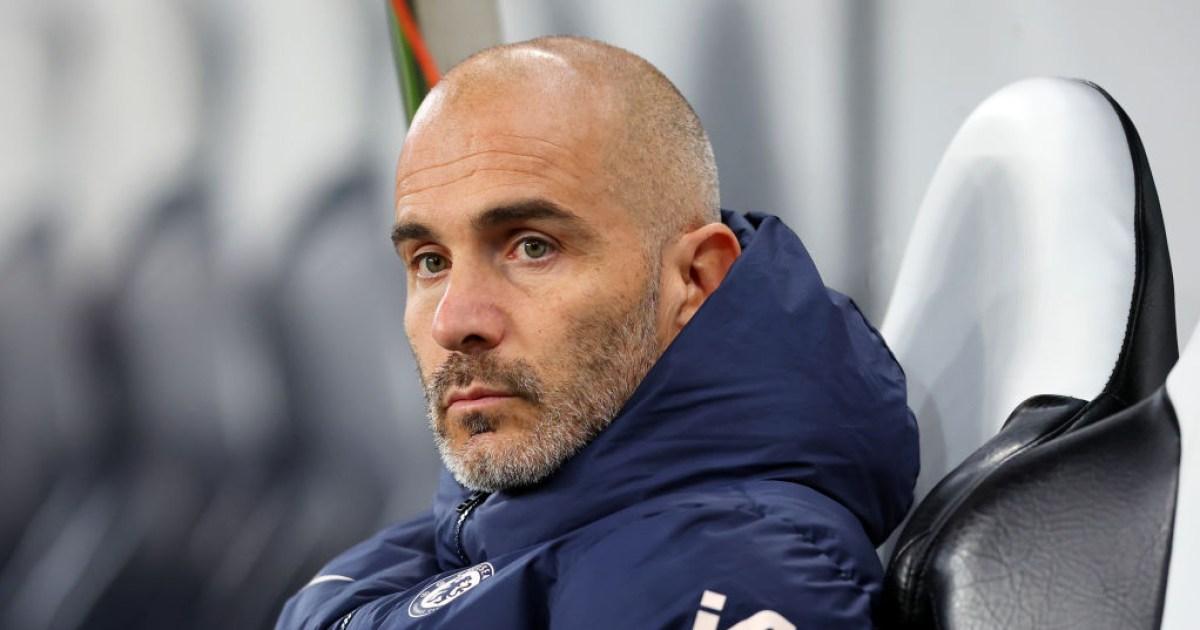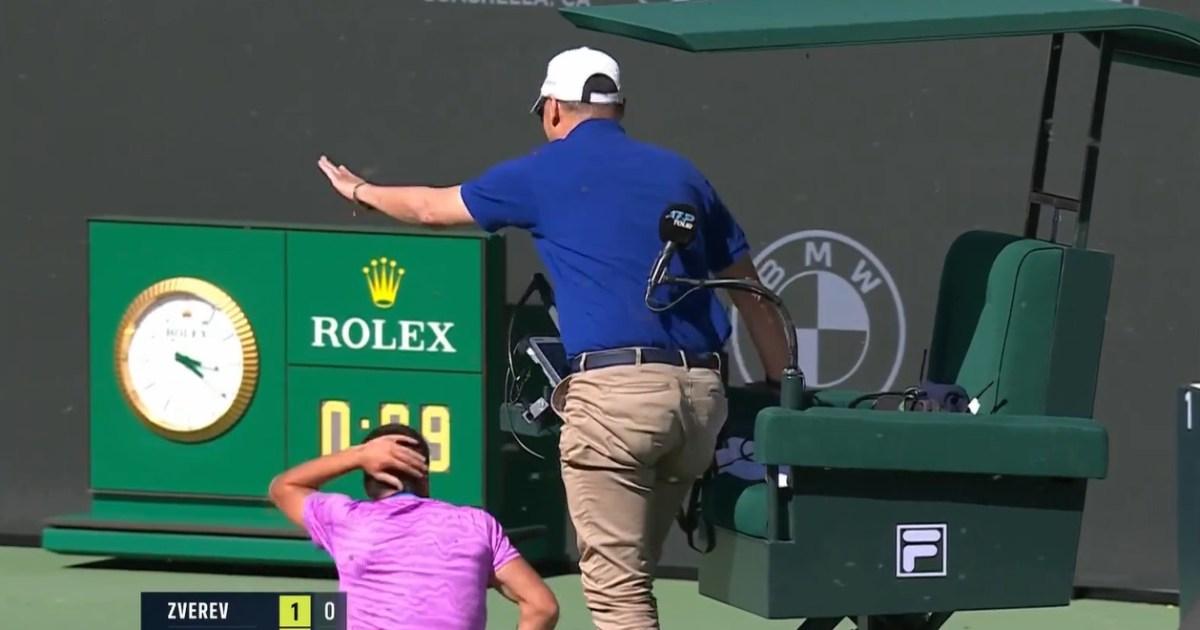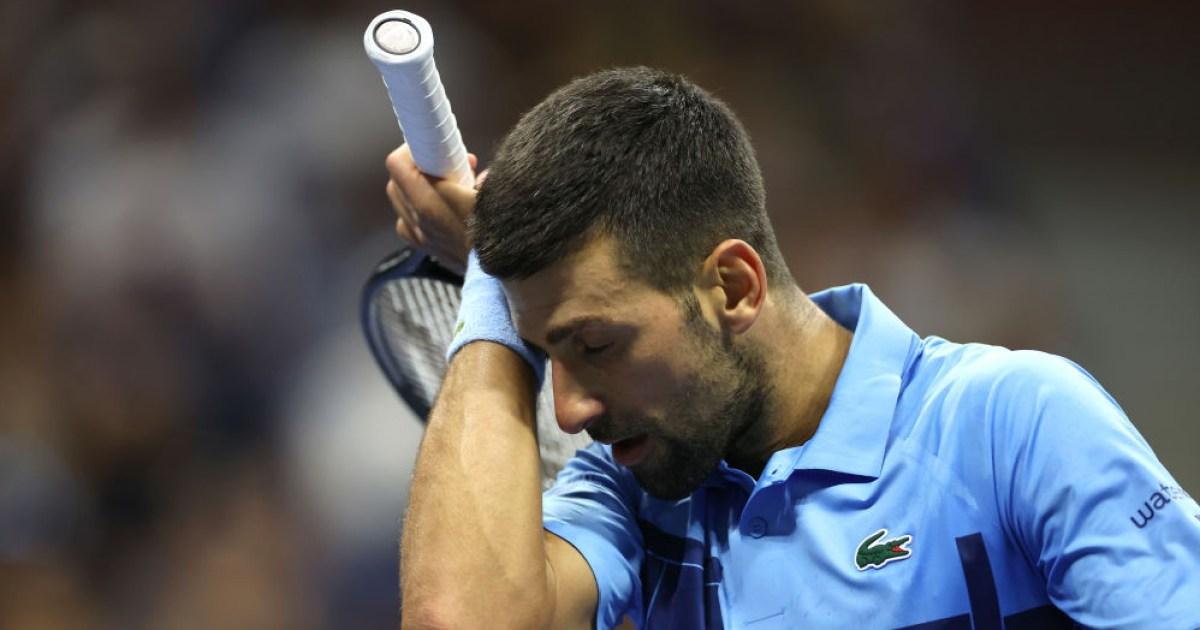Fred Ridley’s Wednesday morning address to the media at Augusta National has become an episode in self-congratulation and script-reading. A box-ticking exercise for Ridley, the Augusta chairman, and his acolytes becomes an annual frustration for journalists. Presumably they wouldn’t want it any other way.
Those presiding over the Masters swagger with pride at the Augusta National Women’s Amateur and the children’s Drive, Chip and Putt Championship which precede the opening major of the year. Nobody of a squeamish disposition should watch either on television; broadcasters fall over themselves to offer gushing superlatives to a point which goes beyond parody. The Green Jackets lap this up. “Look! Look! We are progressive! There are children wearing shorts and everything!” By Monday of Masters week, the big stuff starts. England’s Lottie Woad, the newly crowned women’s amateur champion, will be back at Florida State University by the time the 88th Masters champion is crowned. The show quickly moves on in this corner of Georgia.
Ridley, at the helm in Augusta since 2017, is a moderniser in club context. He has generally been a force for good in what was once a grim environment. Augusta National’s reputation in the local community has been enhanced during his tenure, such has been the commitment to local causes. The club is a good neighbour. The fact there is a women’s event here at all is so far removed from the club’s historical prejudice that it shows things have edged forward. Amateur golf is a cause close to Ridley’s heart, given his one-time eminence in that scene.
Bringing in kids to play challenges on the practice ground is fair enough, were it not plastered all over the broadcast media and spoken about in such preposterously lofty terms. But this is hardly the stuff of revolution. Female competitors are permitted one practice round and one with scorecard in hand, having slugged it out for 36 holes at a course half an hour away. This still has the whiff of tokenism from an organisation that first permitted women as members – and at the point of a bayonet – only 12 years ago. Only the most dedicated of golf followers could reel off winners of the women’s amateur here. There is nowhere near enough wider relevance.
Augusta should stage an annual Women’s Masters. It should at the very least be deep into the planning phase. There is no remaining rationale, either in society or in respect of the club itself, which adequately explains why it would not. Such a competition, if providing financial reward akin to the male version – and Augusta has the riches to achieve that readily – would make a genuine difference. Augusta can give women’s elite golf a platform it has never been provided. It is strange that there has been no concerted call to make a Women’s Masters happen. It is equally curious that female members of the club, including Annika Sörenstam, have not used their profile and voice to call for such an opportunity.
There is already a Women’s British Open, which has been enhanced under Martin Slumbers’s stewardship of the R&A. The US Women’s Open exists. So, too, does the Women’s PGA Championship. It should be noted there are two other majors on the female golf schedule – the Chevron and Evian Championships – but there is no set rule over the quota of marquee tournaments. Nobody is going to scream and bemoan scheduling issues if the major run reaches half a dozen. A Masters would be genuinely aspirational for both emerging and established female golfers.
The 2020 Masters is largely forgotten on the basis it was played in November because of the impact of coronavirus and Dustin Johnson cantered to a five-shot win. However, the colour and backdrop to that competition offered fresh perspective. Christmas-themed gnomes sold online like hot cakes. The golf course looked and played completely differently from April and the traditional Masters window. Augusta National closes during the summer months. Scheduling a prime women’s event late in the year would offer further glimpses of that alternative picture. The city of Augusta would surely be appreciative of a second week in the year where it can receive spin-off benefits from a golf tournament.
A key problem here is that Augusta revels in its exclusivity. A golfer could turn up to Magnolia Lane with $5m in a suitcase and not be allowed to pass the bollards. That the masses only have access to this site for such a limited period in any given year adds to its air of mystique. Doubling the spell of public interaction would feel like sacrilege to many in positions of power at the club. At least, that is the impression that is left to linger.
after newsletter promotion
A counter argument is that Augusta’s buying up of properties even close to its boundary – the latest include a small park, at a cost of $350,000 (£275,000), and a commercial building where people will spend $17,000 on hospitality – for the benefit of one week of the year represents needless largesse even by Masters standards. Big-picture thinking is needed, which points squarely towards women’s golf.
Augusta National has the tournament experience, the property and the financial muscle to apply parity between male and female professional athletes. It also requires motivation. The lack of any public evidence of it tells us all we need to know about the likelihood of a Women’s Masters either on Ridley’s watch or beyond. This feels a pity. Augusta could redefine its own sporting legacy with one statement of intent.
-
Do you have an opinion on the issues raised in this article? If you would like to submit a response of up to 300 words by email to be considered for publication in our letters section, please click here.







